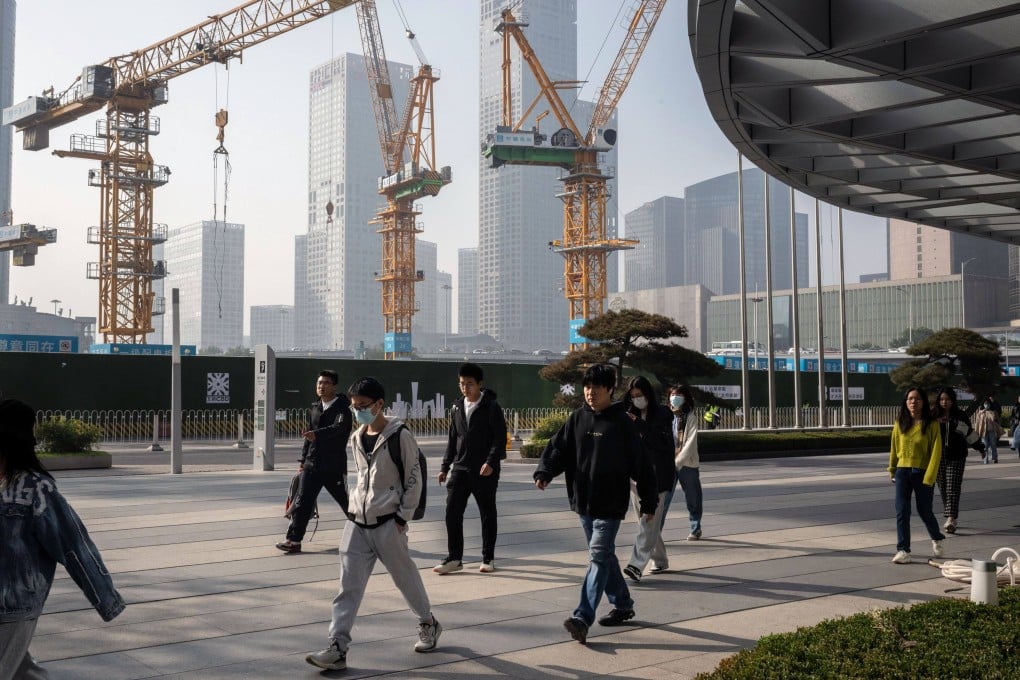Advertisement
China’s leadership prioritises economic stability and investor confidence for coming year
- President Xi Jinping uses Politburo meeting to call for efforts to attract foreign capital and boost trade, while countering negative views of the economy
- However, the Communist Party has still not announced the date for a key meeting that will set the economic agenda for the next five to 10 years
Reading Time:4 minutes
Why you can trust SCMP
18

China’s top leadership has made economic stability and a strong push to revive investor confidence priorities for next year.
A meeting of the Politburo on Friday set out the key economic and political tasks for the next 12 months, with President Xi Jinping calling for policy continuity to consolidate recovery and improve market expectations.
He also called for efforts to stabilise the economic fundamentals to help attract foreign capital and boost trade growth, and for more exchanges with the markets to counter negative narratives about the Chinese economy, according to state news agency Xinhua.
Xi also vowed to strengthen party discipline and crack down on corruption, calling for a further push to “carry out special rectification on relatively prominent industrial, systemic and regional corruption problems”.
Earlier this year both the foreign minister Qin Gang and defence minister Li Shangfu were removed from their posts for reasons that remain unknown.
Xinhua’s report did not say when the Communist Party will hold its third plenum, an event that sets the economic tone for the next five to 10 years and which would normally have been expected to take place this year around this time.
Advertisement